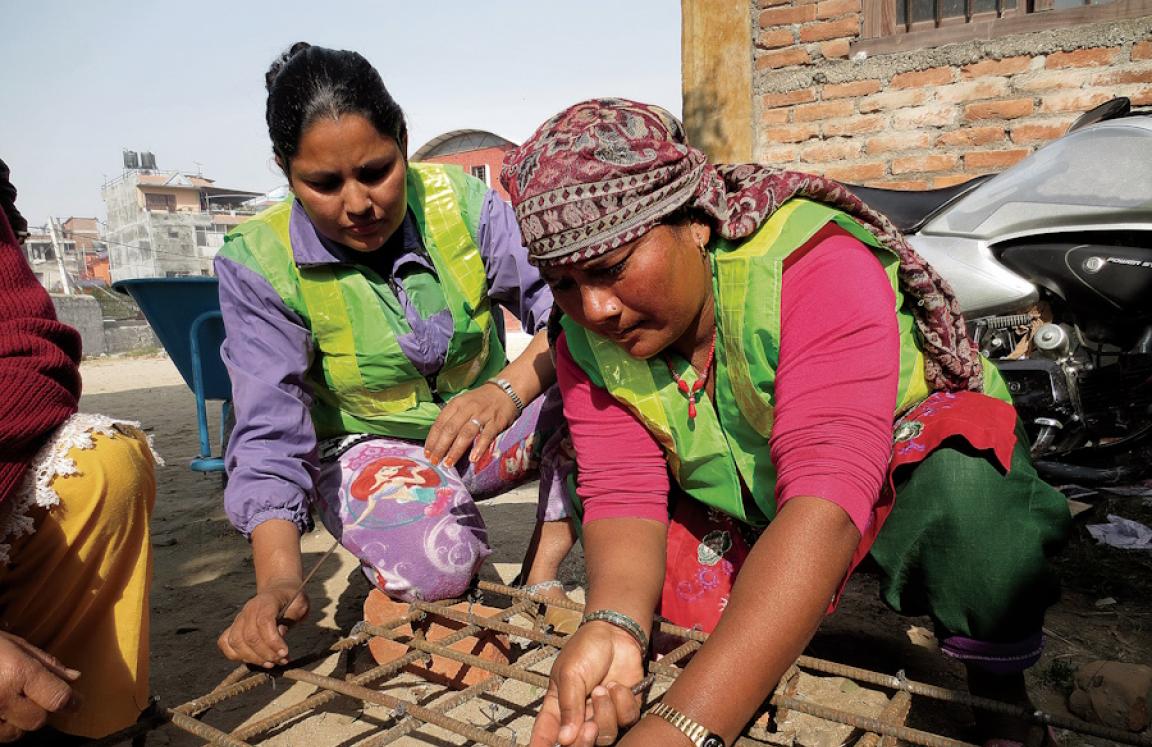
Advancing rights and justice of informal and gig workers through people’s mobilization
In Nepal, as per the CBS national database 2018, more than 62.2% of the total work force i.e., around 4.4 million Nepalese are engaged in the informal sector. The report also shows a growing involvement of women (66.5%) in the informal employment in Nepal. However, women are reported to be devoid of minimum wages, decent working conditions and any kind of social protection coverages as compared to 59.7% of male informal workers (Nepal Labour Force Survey III, 2018, CBS). As per ILO 70% of economically active Nepalese are in the informal economy facing challenges due to limited government regulation and specially women are highly vulnerable to experiencing exploitation, lacking fundamental labour rights and suffering from low wages, safety issues and violence. Hence, we will focus its efforts on strengthening women's agency in combating discrimination and violence against women, manifesting in various forms. This involves enhancing their capacity to assume leadership roles on different fronts. Learning from its extensive experience, we will work towards the economic empowerment of women and creating opportunities for the PLiP. We will mobilise labour women to address issues in the informal sectors, particularly concerning equal wages, social security, safety, and freedom from exploitation.
The country's digital economy is rapidly growing, particularly in urban areas, following the COVID-19 outbreak. However, there have been no studies conducted on the social security, exploitation, and occupational health and safety of informal and gig workers in this sector. We plan to conduct a comprehensive study in this area and will take necessary steps to organise and mobilise gig workers, advocating for their concerns and social security.
While advancing the rights of women and PLiP and creating economic opportunities for them, we will also focus on improving governance and accountability. We will support in raising awareness among community members, especially women and PLiP, about the fair distribution of public services, social security, and various incentives provided by the government to farmers and workers.